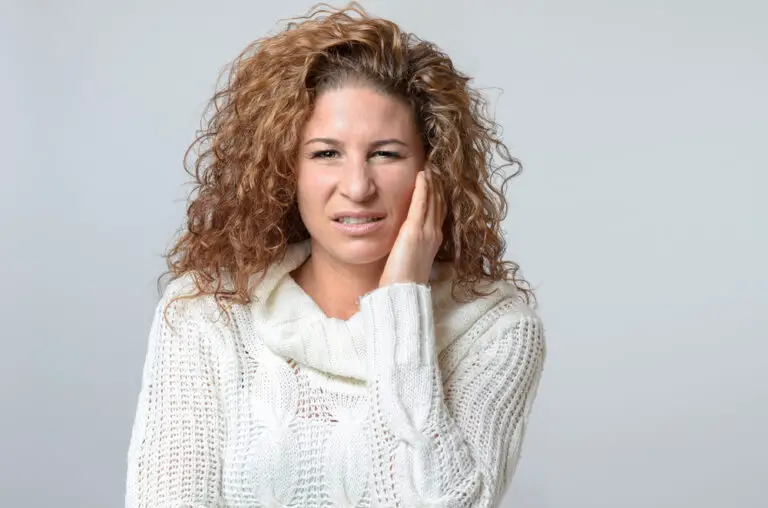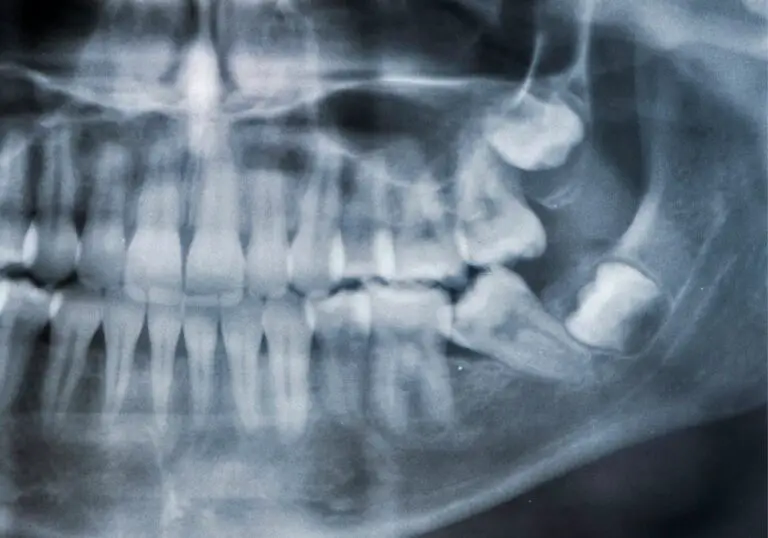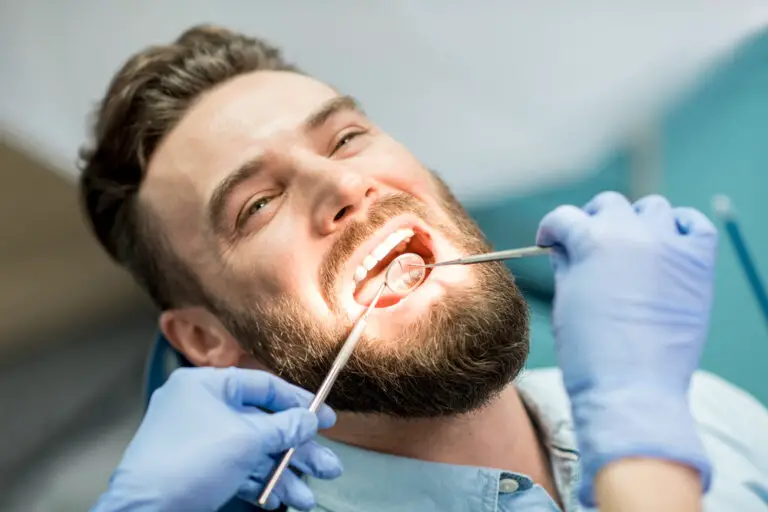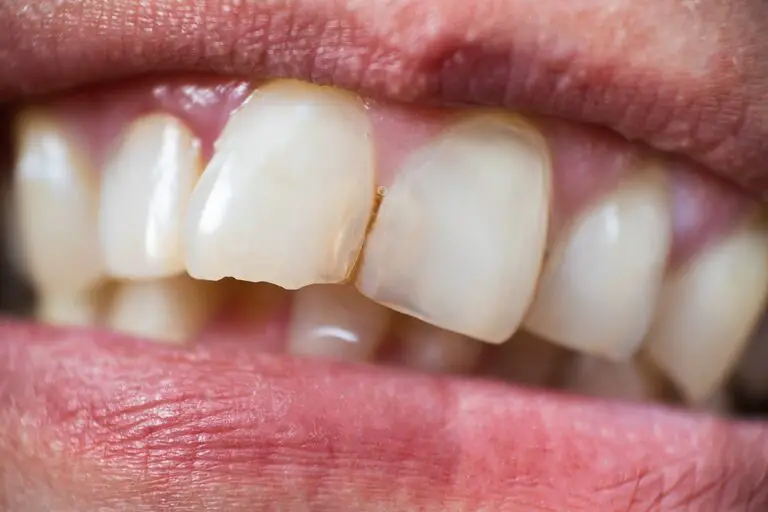Losing your teeth can be an upsetting experience. But what if you lose your teeth more than once over your lifetime? Is that possible? Unfortunately, the answer is yes. There are a variety of reasons people can lose multiple sets of teeth.
Causes of Tooth Loss

Tooth loss is typically caused by:
- Tooth decay – Destruction of enamel and dentin by acid-producing bacteria. Cavities form, which can infect the tooth pulp and lead to abscesses.
- Gum disease – Inflammation and infection of gum tissues and bone surrounding teeth. Caused by plaque buildup.
- Injury/trauma – Knocked out, fractured, or cracked teeth may require extraction if severely damaged.
- Grinding and clenching – Put excessive pressure on teeth, cracking or loosening them over time.
- Cancer treatment – Radiation therapy for head/neck cancers can damage salivary glands, increasing cavities.
- Osteonecrosis – Bone death in the jaws from bisphosphonate drugs or radiation treatment. Can lead to tooth loss.
- Congenital disorders – Conditions present at birth like enamel hypoplasia or missing teeth.
Proper dental care from childhood through adulthood is essential to avoid tooth loss. But sometimes loss still occurs.
Losing Multiple Sets of Teeth
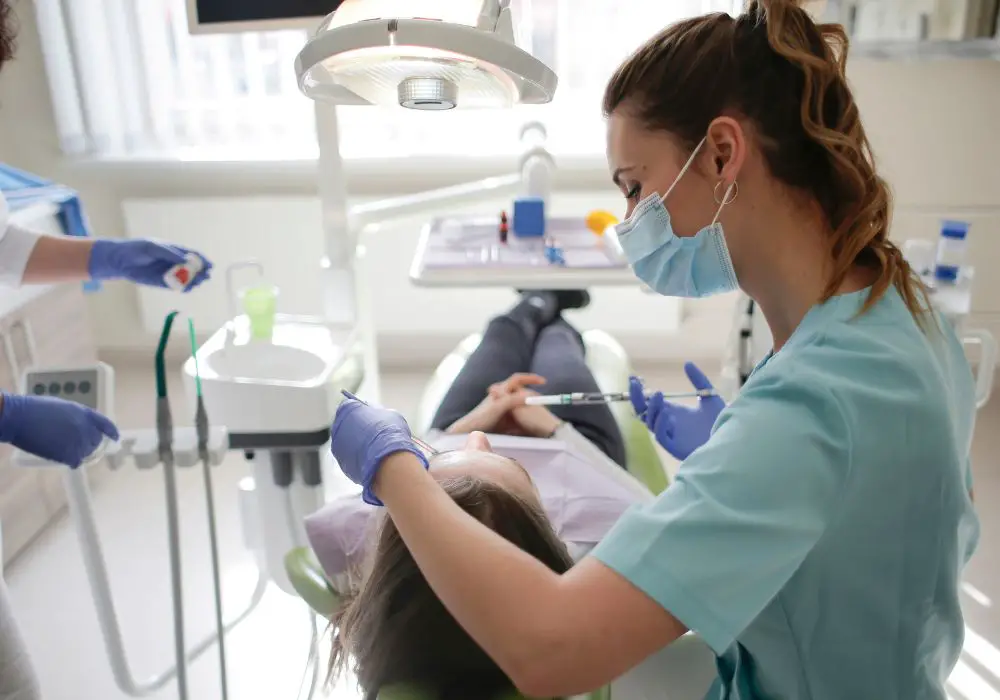
There are a few scenarios in which you can lose teeth more than once:
Baby Teeth Followed by Permanent Teeth
- Losing primary teeth from decay or injury is common in childhood. But permanent teeth can still be lost later in life due to recurring decay, gum disease, etc if oral health is poor.
Extractions Due to Orthodontics
- Orthodontic treatment like braces often involves extracting teeth to properly align the remaining teeth. Extractions may be done during childhood and again as a teenager if further adjustment is needed.
Repeated Periodontal Disease
- Gum disease may recur after treatment if home care habits don’t improve. Recurring infection causes bone loss and multiple tooth loss over time.
Second Loss of Treated Teeth
- Previously treated teeth like root canals, crowned teeth, or implants can get re-infected and require extraction later on.
Delayed Loss After Dental Injury
- Trauma that cracks tooth enamel may eventually lead to pulp infection and tooth loss, even years after the initial injury.
Failed Dental Implants
- Implants that do not fuse properly to the bone or become infected may need to be removed and replaced with new implants.
Consequences of Losing Teeth
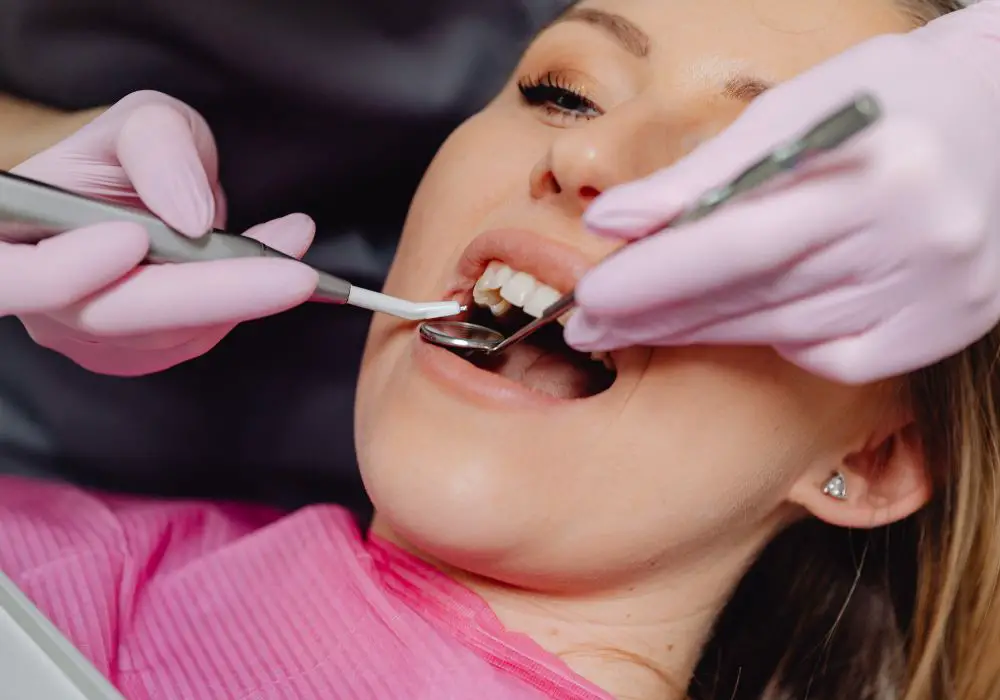
Missing teeth can create a cascade of oral health problems:
- Bone Loss – The jawbone that supported missing tooth roots will deteriorate over time without that stimulus. This “melting away” of bone tissue can create problems for placing tooth replacements.
- Changed Facial Structure – Missing teeth can cause your face to appear more collapsed or “caved in”. Lips and cheeks lose their natural support.
- Shifting Teeth – With a gap from a lost tooth, surrounding teeth will often tilt or twist into the empty space over time. Bite alignment changes.
- Additional Tooth Loss – When teeth shift position from one extraction, it destabilizes adjacent teeth and distributes biting forces unevenly. This stresses the other teeth, increasing the likelihood of loosening, cracking, or decay in those teeth.
- Gum Disease – The changes in tooth position also make plaque removal more difficult. This can accelerate gum disease.
- Infection – Gaps between teeth create food traps that are difficult to clean. This can increase chances of bacterial growth, tooth decay, and periodontal infections.
- Speech Problems – Gaps from missing teeth can reduce clarity of speech and create a whistle or lisp on some consonants.
- Difficulty Eating – Missing teeth or ill-fitting dentures make chewing food more challenging. Poor nutrition can result.
Replacing lost teeth helps prevent these problems and preserve your oral and overall health.
Tooth Replacement Options
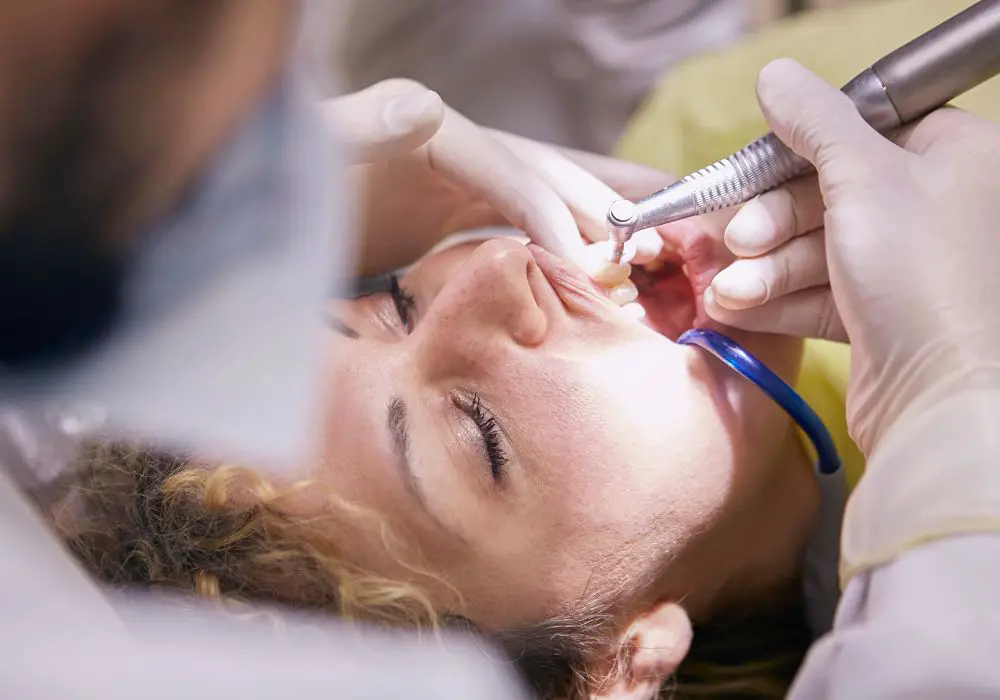
Various methods exist to replace lost teeth:
Removable Dentures and Partials
Full or partial dentures are removable appliances made of plastic and metal components to replace some or all missing teeth. They attach securely to dental implants or other remaining teeth with hardware like precision attachments or clasps. Dentures restore chewing ability and appearance. They must be taken out daily for cleaning.
Fixed Dental Bridges
Bridges fill a space by crowning adjacent natural teeth and attaching artificial teeth to the crowns. Traditional bridges require shaving down the supporting teeth. Newer adhesive bridges bond artificial teeth to rear sides of adjacent teeth with no drilling or crowns required.
Dental Implants
Implants are titanium screws surgically inserted into the jawbone, where they integrate with surrounding bone cells in a process called osseointegration. This creates a durable, stable foundation to attach replacement crowns, bridges, or dentures. Implants help preserve underlying bone.
Tooth Transplants
Rarely, a tooth may be transplanted from one individual to another, implanted into a prepared socket. Tissue compatibility affects success rates. Availability of donor teeth is limited.
Dental Bonding
Bonding attaches tooth-colored composite resin material to the surface of surrounding natural teeth to fill in small gaps or fractures, often done as a cosmetic improvement. Can last 5-10 years with good care.
Replacing lost teeth promptly and properly can prevent future oral health deterioration and restore a full, confident smile. Regular dental visits are key to avoiding recurrent tooth loss. Scientists continue researching future biological solutions like stem cell regeneration to regrow real teeth.
Frequently Asked Questions
Q: Can you lose all your permanent teeth and regrow a third set?
A: No, losing all your permanent teeth is permanent. You cannot regrow another natural set. Options are limited to removable dentures or fixed bridges/implants to replace a full arch of missing teeth.
Q: How many times can you get dental implants in the same spot?
A: Ideally, just once. Dental implants are intended to permanently fuse to bone and last decades. Failed implants must be removed through complex bone surgery before attempting another implant. Multiple replacements in the same area become more difficult as bone quality decreases.
Q: Can children have dental implants?
A: Usually not recommended until growth is completed, around age 18. The implants won’t move with normal jaw growth and bone development. But exceptions may be made on a case-by-case basis for teens with severe tooth loss.
Q: How painful is bone grafting for dental implants?
A. Bone grafting is often done under local anesthesia or with IV sedation, so patients do not feel pain during the procedure. Mild postoperative discomfort, swelling, and bruising can be managed with medication. Complete healing takes several months.
Q: Can dentures be used right after having teeth extracted?
A. Immediate dentures may be placed right after extractions, but they must be relined for proper fit once healing occurs, due to changes in gum contours. Conventional dentures are made after healing, for optimal fit and comfort.

